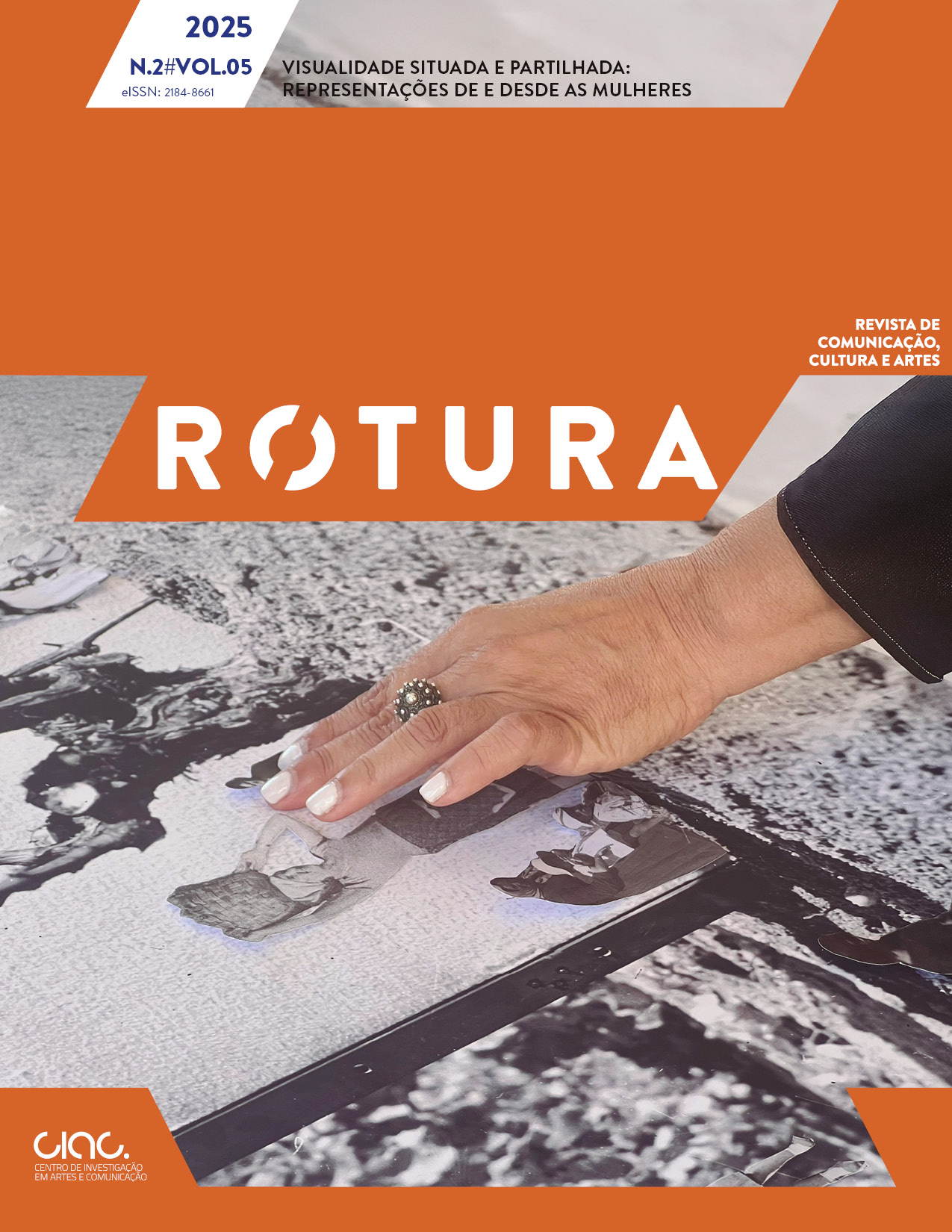Media and Information Literacy in Compulsory Secondary Education: a case study in Zaragoza (Spain)
Résumé
Media and Information Literacy constitutes a fundamental competency framework in the educational field of ESO due to the critical analysis of information and communication that it implies, even more so with the prominence of the digital spectrum and the level of use of mobile devices by the adolescent population. However, despite the recommendations at European level and the different legislations in the Spanish territory, it has not been developed in depth in the country except for a few outstanding initiatives.
Given the characteristics of this context, what is proposed in this paper is the analysis of the design, development and implementation of a teaching-learning intervention carried out in IES Andalán and IES Villanueva de Gállego, located in the province of Zaragoza. This is composed of a structure of three blocks of content related to the AMI, where the research has as its main objective the observation of a learning situation on disinformation and information verification.
By means of a mixed methodology that combines quantitative and qualitative components through the diagnosis of practices, the evaluation of students’ productions and their perception of the relevance of AMI, it is observed how, despite the daily use of the Internet, a good part of the students do not check the information they receive and at the same time consider that media and information training should be greater in ESO due to its interest and usefulness.
Downloads
Copyright (c) 2025 Gonzalo Peña Ascacíbar

Ce travail est disponible sous licence Creative Commons Attribution - Pas d'Utilisation Commerciale - Pas de Modification 4.0 International.
Accepted 2025-09-10
Published 2025-09-29


















